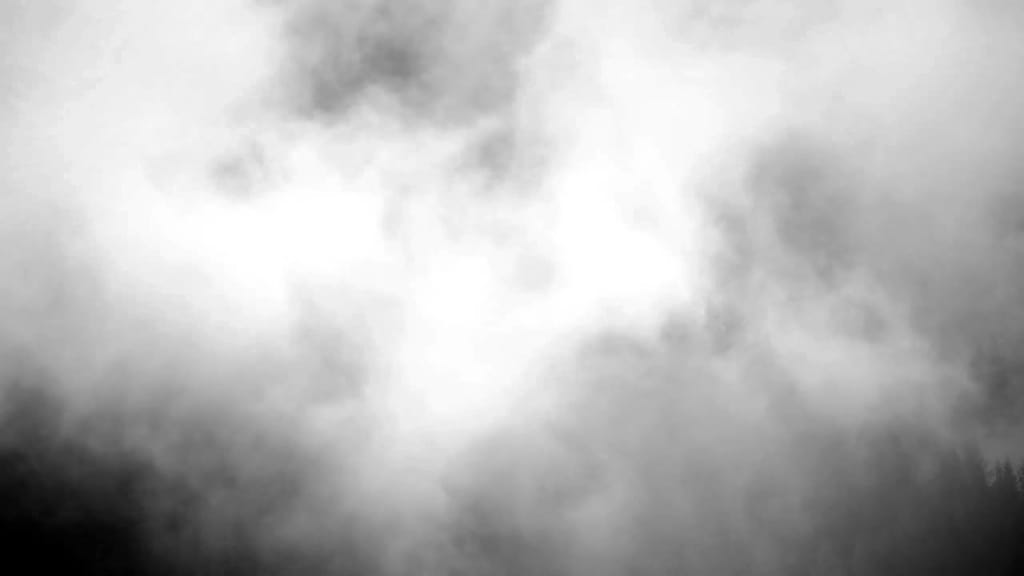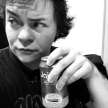Of Monsters, Men, and Children
Our own undoing

Nestled in a fleece blanket, red wine in hand and scrolling through Netflix, I could be describing any number of people in the world, at any one time really. Maybe the wine is white, or the blanket is a fancier Sherpa type instead of the ones at my local grocery store for $10. Regardless, we all sit in variations of the same position—poised in comfort, our underbellies protected, warm and fed on the inside and without fear from the outside world. We become transfixed at the stories opposite of this, things like Taken (2008), where a desperate father with a “particular set of skills” takes down dozens to save his daughter, their world invaded and in effect taken from them. What would we do if that happened? My set of skills would be limited to bicep curls with beers and the napping skills of a gold medal champion. What if, not quite in the extreme of an international trafficking ring, we lost all of the comfort and protection of that blanket, the couch, and the locked front door? Shows like “The Walking Dead” attempt to present “everyday people” as survivors fighting off the gnashing hoard, but could our hands swing an axe as well as our fingers swipe on Tinder?
In desperate times, desperate measures abound, and when confronted with the bringer of your death face to face, our humanity tends to take flight from our minds, and we devolve into cornered cats, clawing our way out. One movie that unabashedly shows this devolution is The Mist (2007), the adaptation from Stephen King’s novella of the same name. The rising emergency captures a large group of people at a grocery store, taking cover from this mysterious mist rolling through town, the opaque blanket hiding unknown terrors. The premise is real, and all too accurate as old to young, men and women are all caged in the same, unprotected fishbowl. Gone are the comforts of their own homes—no doors to bar and lock, instead they’re stuck on a proverbial island and the shores are getting smaller and smaller, desperation lapping like incoming waves on sand.
A study in human nature and what buttons will press us into depravity, The Mist is a loud commentary on the horrifying nature of the monsters within that burst through our better selves. With only glimmers of the actual monsters outside, the group inside the store starts to unravel like the seams on a well-loved doll, the threads straining to contain the ugly insides. Leaders emerge and the different ideas about what to do clash and separate the mob, the sides becoming evermore loathsome of the other. In the span of what seems so terrifyingly short, human lives become nothing more than means to an end. Soon the ideas of one permeate and infect the mob and like the gnashing hoard, each side blindly follows the leader like moths to the flame, not realizing it’s their own undoing in the end.
Mothers, fathers, neighbors, friends—all have their limits and their buttons that signal the humane to turn animal. What would it take for Susan, the mid-30s mom next door who just ran to the store for diapers, leaving her child with a neighbor? What pushes Rick, the steelworker grabbing some beer on the way home, to his own edge? The Mist envelops the outside and lays bare what’s inside us all, making us wonder—even while sitting on the couch, second glass of wine in hand—where is my line drawn? In some audacious capacity, we all scoff and say, “Oh I wouldn’t act like that,” but the most fearful part is that you don’t know. You’ll never know until the rest of the world is swallowed up and those monsters can’t hide inside anymore.
If this devolving nightmare fascinates you, the horror only grows if you imagine children becoming monsters beyond reach. Even the most difficult children have an inner innocence. Apart from the obvious who torture animals, etc., there’s a sense that most are inherently good, a little further immune to the greed and corruptibility of the world, at least at first. Even the bratty kid who won’t stop his screaming in Aisle 5 for a chocolate bar has a sense of right and wrong, even if his mother doubts it, especially after her long day at work. As the mist abandons people on their own figurative island, a plane crash abandons a group of young boys on a literal island in Lord of the Flies (1990), a movie adapted from William Golding’s book of the same name. While the fear of actual monsters is not present here, the danger is ever present, more so because there are no outside enemies, only the crawling ones just under their skins.
Just as the adults start to take sides and rumble amongst the mob, discontent and malice slowly seep through the boys, their own waves of desperation getting closer along the shore. Like the entombed grocery store, the deserted island is its own prison, no other land in sight even if they could escape. The tension mounts, and they separate into two groups, much like the adults, each mob led by one idea or the other that they’ve devoured and consumed as the only right thing, like a poisoned Kool-Aid that will lead them all to redemption.
That poison within them let free those monsters waiting within their small chests. Bursting free like rock through glass, they became something beyond innocent, looking at human life as a small flower waiting to be stomped under a heel. Just as we wondered what would push Susan or Rick into their oblivion, what does it take for Andrew, an eleven-year old boy tasked with survival? How soon does his own blood run colder and his mind turns dark, like the black, endless ocean surrounding him?
While an odd combination of films, The Mist and Lord of the Flies both harness an intangible reality that is closer to home than any of us want to realize. Though the next mist creature invasion isn’t on the next horizon (at least as far as we know since they haven’t told us), our present situation among this pandemic gets us eerily close to our own downfall. From fighting over toilet paper, to shortages of any and all food at one point, us humans bristled like wolves and protected our shopping carts like our own pups. Fending off looters and hoarding stashes of goods, some of us turned our backs to those most needing help and built our own fortified walls around our lives, lashing out if anyone came too close, or within six feet. Like the mist, or the deserted island, our own fog has settled here, transparent, but permeating nonetheless. While we don’t see this one, we are still affected, and even in our own homes, on those couches, with our third glass of wine, we’ve been changed. We think we have kept monsters away from our precious stashes, but we just let the monster within closer to the surfac
About the Creator
Jess Osborne
Not a starving artist (I stay well fed), but starving to get back into writing, so here I go. *Cracks open a beer* Is this how that works? Maybe I don't want to channel Hemingway...






Comments
There are no comments for this story
Be the first to respond and start the conversation.